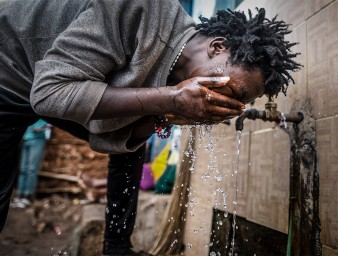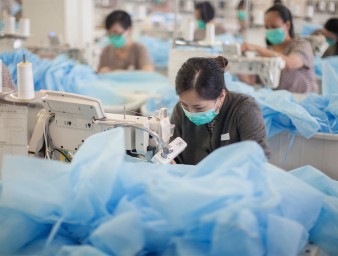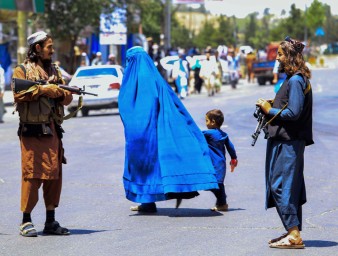The 22nd Session of the Human Rights Council opens in Geneva
25 February 2013
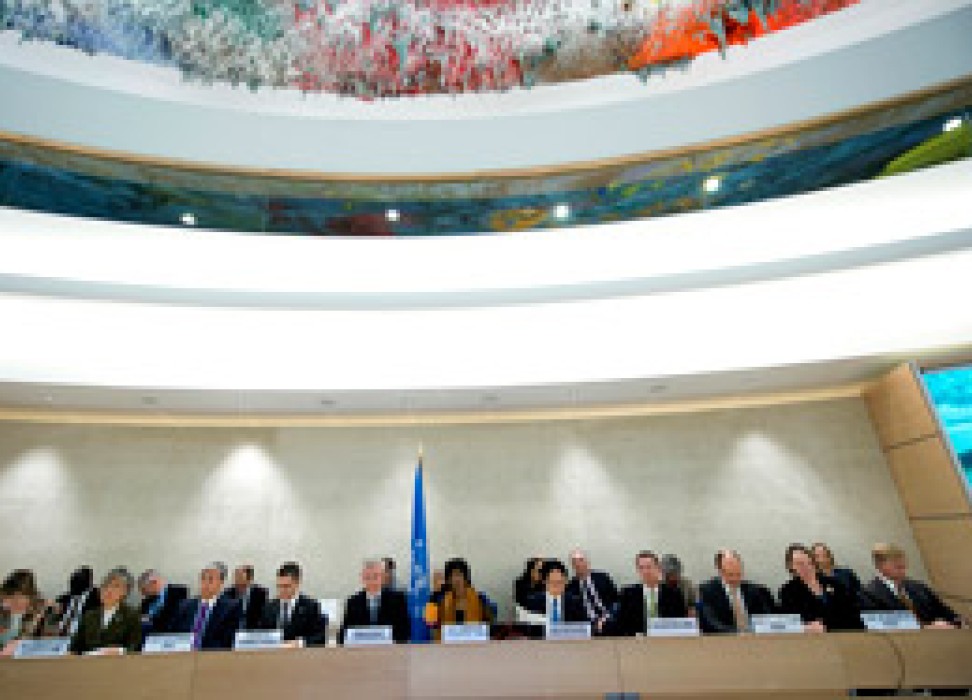
“The Vienna Declaration and Programme of Action is the most significant overarching human rights document produced in the last quarter of a century. It crystalized the underlying principles that human rights are universal, indivisible, interdependent and interrelated, and took the key notion of universality a step further by committing States to the promotion and protection of all human rights for all people regardless of their political, economic, and cultural systems”, said the UN High Commissioner for Human Rights, Navi Pillay, at the opening of the 22nd Session of the Human Rights Council, which will meet in Geneva until 22 March.
The Vienna Declaration and Programme of Action, adopted in 1993 at the World Conference on Human Rights in Vienna, Austria, is regarded as a landmark agreement where States reaffirmed their commitment to promote universal respect for all human rights and fundamental freedoms, and set priorities for the human rights agenda, including the establishment of the UN Office of the High Commissioner for Human Rights.
“While the past twenty years have seen extraordinary progress, we should never forget that there have been those who have been left behind – migrants, older persons, religious and ethnic minorities, people persecuted because of their sexual orientation and gender identity, to name just a few. Our work here will not be done until the promise of the Vienna Declaration is made real for everyone – no exceptions, no excuses”, Pillay added.
Referring to the 20th anniversary of the Vienna Declaration and Programme of Action, and the launching of the anniversary celebrations at a High-Level Panel, Pillay recognized its crucial role in advancing women’s rights and its impact on the fight against impunity, as well as the challenges ahead. “Much progress has occurred during those two decades. But we must recognize that the glass is half full, and the promise of respecting all human rights for all people is still a dream for too many”, she declared.
The Head of the Swiss Federal Department of Foreign Affairs, Didier Burkhalter, also acknowledged the progresses made since the Vienna conference, but deplored that there were still too many human rights violations.
Pillay recognized that, while major advances in women’s rights have occurred in many countries, including on conflict-related sexual violence, women are still subject to discrimination and violence, to a shocking degree.
“Despite the truly inspiring advances in combating impunity and ensuring accountability both at the international and national levels, including through transitional justice processes, there are still far too many people with command responsibility who escape justice for serious crimes and gross human rights violations”, Pillay acknowledged.
“Hundreds of thousands of people have died in genocides in Rwanda and Bosnia and Herzegovina; the Palestinian territories are still occupied; massive violations have occurred in Iraq and Sri Lanka; and war crimes continue to be committed in numerous internal conflicts including those continuing in Afghanistan, the Democratic Republic of the Congo, Mali, Sudan and Syria. We must continue to nurture and strengthen the system designed to deal with such crimes and violations, and those who commit them”, she continued.
The President of the UN General Assembly, Vuk Jeremic, deplored the new allegations of human rights violations in Syria, which affect disproportionately the civilian population. “The immediate cessation of hostilities should be our foremost priority. It has to be followed by a political process that would enable the citizens of Syria to freely determine the course of their political future”, he said.
Regarding national human rights institutions, Pillay recalled that, at the Vienna Conference, she was representing a women’s rights civil society organization. She underlined that their recognition as key independent and authoritative protectors and promoters of human rights at the national, regional and global levels, is for her one of the most tangible outcomes of Vienna.
“These national human rights defenders are the heroes of our time. It is, therefore, a matter of great concern that so many State authorities continue to ignore or repress civil society organizations, human rights defenders and the media. These organizations and individuals inject the life blood into human rights: they are the promoters of change, the people who ring the alarm about abuse, poor legislation and creeping authoritarianism”, Pillay declared.
While noting the crucial link between protecting human rights and ensuring peace and development, the President of the Human Rights Council, Remigiusz A. Henczel, expressed hope that the session would "further strengthen the human rights pillar of the UN". Jeremic recognized that, narrowly focusing on civil and political rights was insufficient and asked for increased attention to economic, social and cultural rights, including the fundamental right to development.
Pillay recalled that the Vienna Declaration and Programme of Action was able to cut through the artificial hierarchy under which social, economic and cultural rights were viewed by some as being less important than civil and political rights. She stressed the importance of the upcoming entry into force, on 5 May, of the Optional Protocol to the International Covenant on Economic, Social and Cultural Rights, 37 years after the entry into force of the Optional Protocol to the International Covenant on Civil and Political Rights, which will allow for individuals to file complaints against their countries in regards to their economic, social and cultural rights.
During the four-week session, the Human Rights Council will hear presentations from 19 independent human rights experts. At the high-level segment of the Council on the Commemoration of the Vienna Declaration and Plan of Action, more than 60 government ministers are expected to speak, in addition to the President of Germany and the Vice Presidents of Irak and Colombia.
25 February 2013
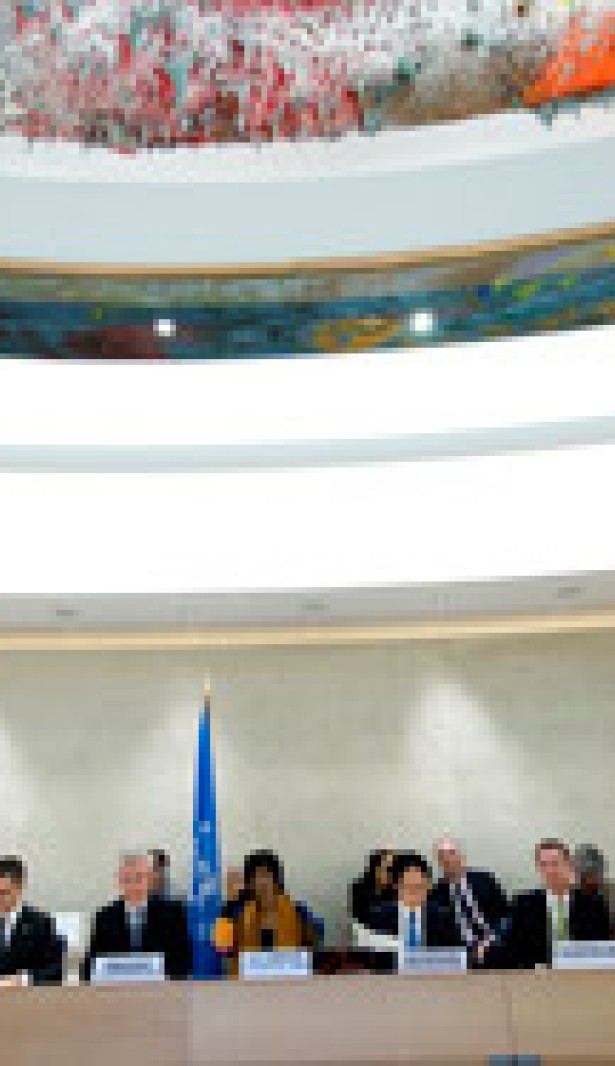
VIEW THIS PAGE IN:
